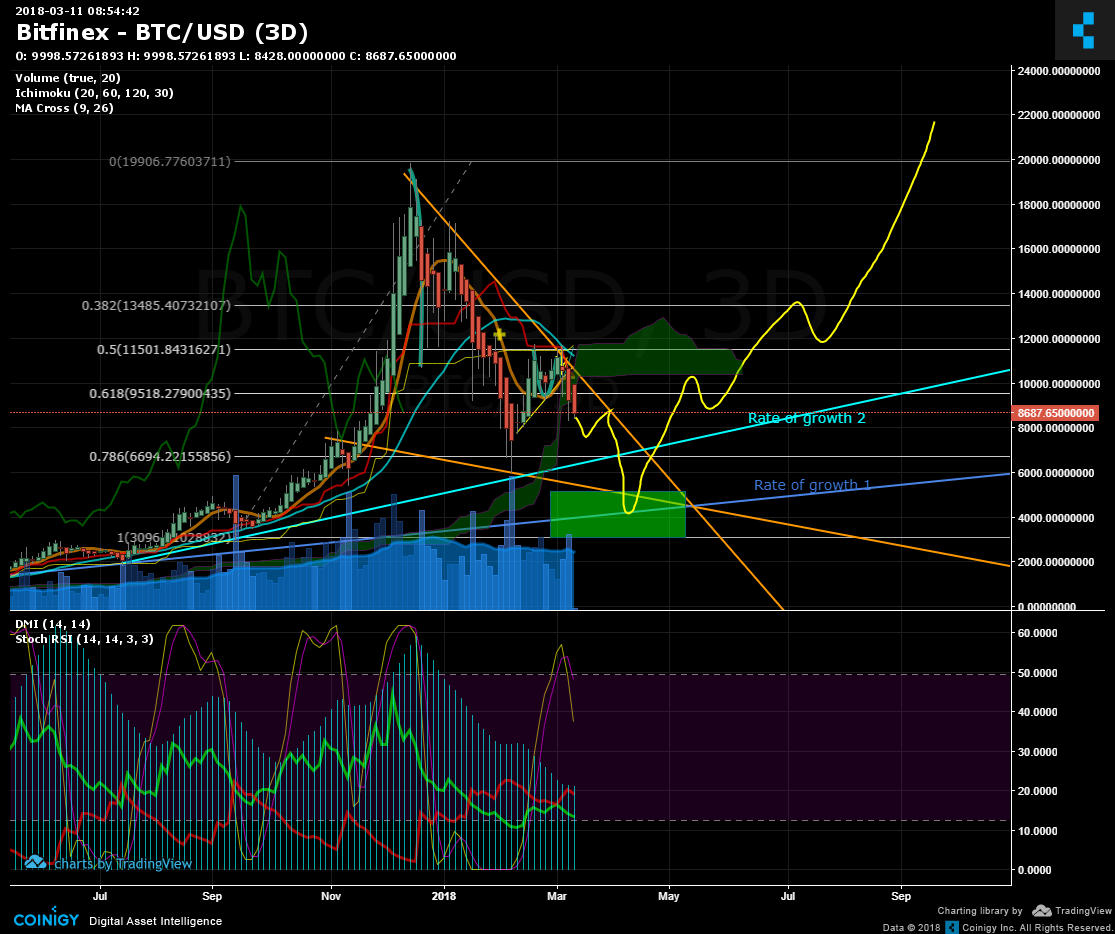Blackrock Bitcoin And Ethereum Etf Insights And Impact

As BlackRock Bitcoin and Ethereum ETF takes center stage, this opening passage invites readers into a world of financial innovation and opportunity in the evolving landscape of cryptocurrency investments. BlackRock’s entry into the ETF market signifies a major shift, as one of the world’s largest asset managers aims to capitalize on the growing interest in digital assets.
This overview delves into BlackRock’s strategic initiatives regarding Bitcoin and Ethereum ETFs, exploring their significance, potential impact, and the regulatory hurdles they face in a market that is rapidly changing.
Overview of BlackRock’s ETF Initiatives

BlackRock, as one of the largest asset management firms in the world, entering the ETF market marks a significant shift in the investment landscape. By launching ETFs that focus on cryptocurrencies, BlackRock is not only diversifying its portfolio but also signaling its confidence in the digital currency space. The firm is particularly focusing on Bitcoin and Ethereum, aiming to capture the growing interest among institutional and retail investors alike.BlackRock plans to introduce various types of ETFs, with an emphasis on those that provide exposure to cryptocurrencies.
These ETFs are designed to cater to both conservative investors seeking to hedge against market fluctuations and aggressive investors looking to capitalize on the potential of digital assets. The introduction of BlackRock’s ETFs could lead to increased institutional participation in the cryptocurrency market, potentially stabilizing prices and attracting more diverse investor demographics.
Bitcoin ETF Developments
Recent developments have stirred excitement around BlackRock’s Bitcoin ETF proposals. The firm has been working closely with regulators to ensure compliance while navigating the complex approval process. Compared to similar proposals from other financial institutions, BlackRock’s approach appears more strategic, leveraging its vast resources and experience in managing large-scale assets.Regulatory challenges remain a significant hurdle for Bitcoin ETFs. The U.S.
Securities and Exchange Commission (SEC) has maintained a cautious stance, focusing on investor protection and market integrity. BlackRock is actively engaging with regulators, emphasizing the importance of transparency and oversight. This proactive approach could set a precedent for future approvals and ease concerns among potential investors.
Ethereum ETF Insights

BlackRock’s plans for an Ethereum ETF showcase its recognition of Ethereum’s role in the blockchain ecosystem. Unlike Bitcoin, which is primarily viewed as a store of value, Ethereum offers a platform for decentralized applications and smart contracts. This distinction may lead to different market dynamics for Ethereum ETFs compared to Bitcoin ETFs.The anticipated market reception of BlackRock’s Ethereum ETF is expected to be positive, driven by the growing use cases of Ethereum and the increasing number of decentralized finance (DeFi) projects.
Investors are likely to respond favorably to an ETF that includes Ethereum, seeing it as a way to diversify their cryptocurrency investments while accessing a rapidly evolving market.
Market Reactions and Predictions
The market has reacted positively to BlackRock’s moves regarding Bitcoin and Ethereum ETFs. Following the announcement of its proposals, there was a noticeable uptick in cryptocurrency prices, indicating heightened investor interest. Analysts predict that the approval of these ETFs could lead to substantial inflows of institutional capital into the crypto market, further legitimizing digital assets.Financial experts are optimistic about the future of cryptocurrency ETFs, forecasting continued growth as more institutions embrace digital assets.
Investor sentiment has shifted significantly, with many viewing BlackRock’s involvement as a vote of confidence in the long-term viability of cryptocurrencies. This shift could pave the way for more traditional investors to enter the market.
Regulatory Environment
The regulatory landscape for cryptocurrency ETFs in the U.S. is still evolving. The SEC’s scrutiny of Bitcoin and Ethereum ETFs reflects broader concerns about market volatility and investor risk. BlackRock must navigate these regulations carefully to ensure that its ETF offerings comply with the necessary guidelines.Changes in regulations could have significant implications for BlackRock’s ETF strategies. For instance, if the SEC were to relax its stance on cryptocurrency ETFs, it could open the floodgates for similar products, resulting in increased competition.
Key regulatory bodies involved in ETF approvals include the SEC and the Commodity Futures Trading Commission (CFTC), each with its own set of requirements for compliance.
Risk Factors and Considerations
Investing in Bitcoin and Ethereum ETFs carries specific risks that investors should be aware of. Market volatility is a significant concern, as the prices of cryptocurrencies can fluctuate dramatically. This volatility can influence the performance of BlackRock’s ETFs, potentially leading to unexpected losses or gains.Investors should also consider the potential effects of regulatory changes on their investments. The evolving regulatory environment could impact liquidity and accessibility, making it crucial for investors to stay informed.
Additionally, understanding the underlying assets and market dynamics is essential for making informed investment decisions in cryptocurrency ETFs.
The Future of Cryptocurrency ETFs

The cryptocurrency ETF market is expected to evolve rapidly in the coming years, with new trends emerging. Institutional investment is anticipated to play a crucial role in shaping this landscape, as more firms recognize the potential of cryptocurrency as an asset class. To illustrate the features of various cryptocurrency ETFs, including BlackRock’s offerings, the following table provides a comparative overview:
| ETF Provider | Underlying Asset | Type of ETF | Launch Date |
|---|---|---|---|
| BlackRock | Bitcoin | Spot ETF | TBD |
| BlackRock | Ethereum | Spot ETF | TBD |
| Other Firms | Bitcoin | Futures ETF | 2021 |
The involvement of institutional investors is crucial in driving the future of cryptocurrency ETFs. Their participation not only legitimizes the space but also contributes to the maturation of the cryptocurrency market as a whole.
Last Point
In summary, BlackRock’s foray into Bitcoin and Ethereum ETFs could reshape the cryptocurrency market, drawing both institutional and retail investors into this dynamic space. As regulatory landscapes evolve and market reactions develop, the future of these ETFs remains a topic of great interest, promising a potential transformation in how cryptocurrencies are perceived and traded.
FAQ Resource
What is a Bitcoin ETF?
A Bitcoin ETF is an exchange-traded fund that tracks the price of Bitcoin, allowing investors to gain exposure to Bitcoin without directly purchasing it.
How does BlackRock’s Bitcoin ETF differ from others?
BlackRock’s Bitcoin ETF aims to leverage its extensive market experience and institutional investor base, potentially offering unique features compared to competitors.
What are the primary risks associated with cryptocurrency ETFs?
Primary risks include market volatility, regulatory uncertainty, and potential security issues related to digital assets.
Which regulatory bodies oversee cryptocurrency ETFs in the U.S.?
The SEC (Securities and Exchange Commission) is the main regulatory body overseeing cryptocurrency ETFs in the U.S., along with other financial regulatory agencies.
How might BlackRock’s Ethereum ETF impact the market?
BlackRock’s Ethereum ETF could attract more institutional investment in Ethereum, potentially increasing its market liquidity and stabilizing price volatility.



